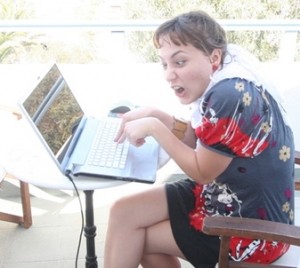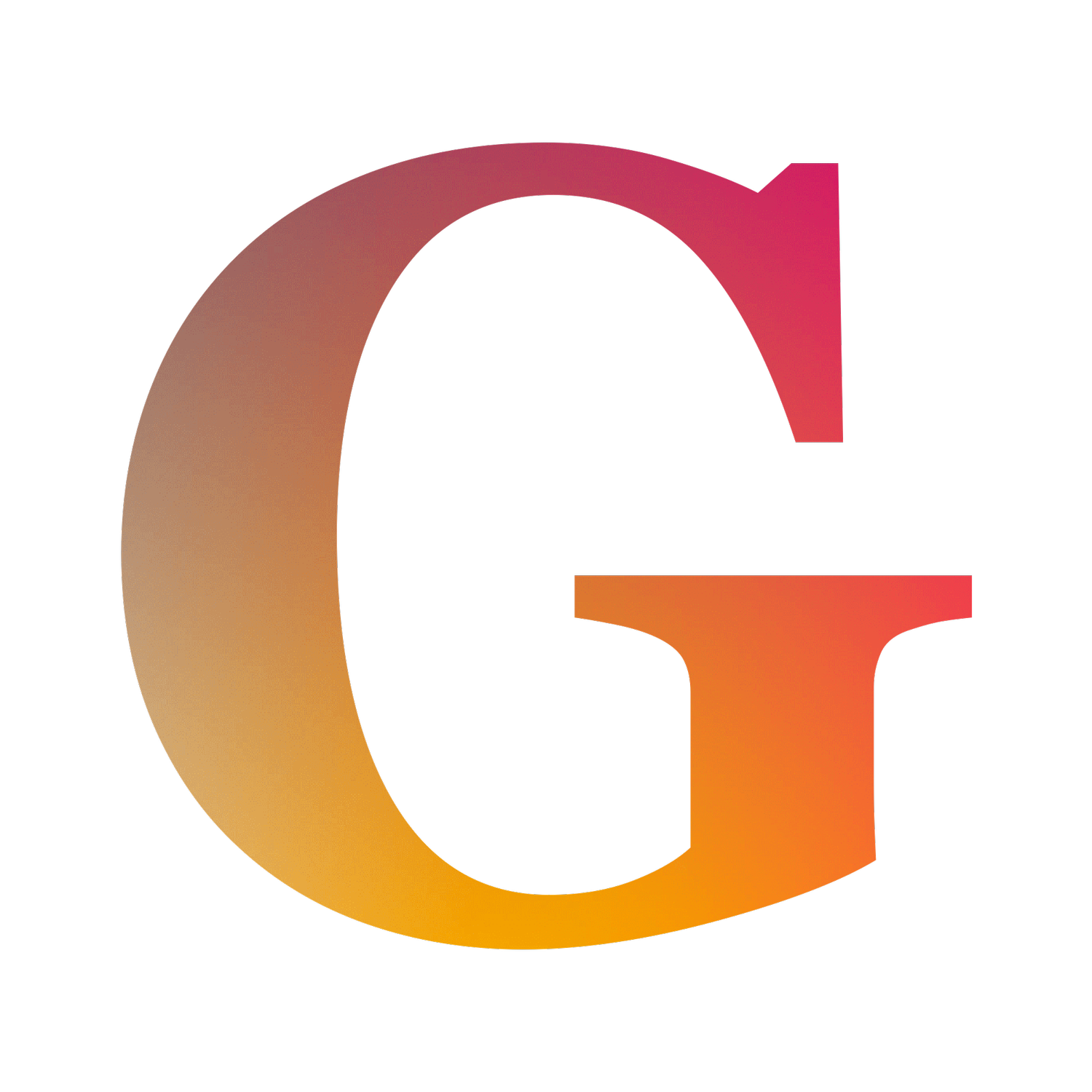10 Steps to Self-Publishing Success
I want you to know how easy this is, because the internet can be a confusing place, distorting the simplicity of making money from your creative work. Also, opportunities come and go, and it's very hard to gauge whether opportunities in the world of self-publishing are legitimate or not. I'm here to tell you that you can write and widely publish a book with zero marketing budget. You can do this, and here's how. I welcome questions about this process and ask that you please post them as a comment on this blog post. That way, other people can learn from your question. I promise, if you are curious about something or confused by something, someone else shares your query.
Let's get started.
When deciding to become a published author, I saw two possible paths:
1. Write a book proposal (a new skill for me that would've meant hours of learning), and send query letters to dozens of publishers, hoping that some intern would select my proposal from the slush pile and think "yeah, minimalism for grandparents!" I could wait months or even years for a book deal, and then finally get one, eventually signing a mediocre contract allowing me a small cut of the profits.
2. I could get started writing the book right away. I could spend my precious time on this planet writing valuable content for thousands of people, not proposals or query letters that one person would see, if I was lucky. I could have my books in the hands of my intended audience in less than a year through self-publishing. I could use the magic of the internet for free promotion and then keep a large portion, or all of the profits.
Obviously, I chose #2.
And I've been so glad that I did. It's outrageous that would-be authors are expected to spend hours of their time sucking up to publishing executives -- an impossibly narrow bottle neck. It's not a system that allows quality to get through. It's a system that is almost entirely lottery.
Did you know that the average nonfiction book published (self-published or traditional) in the US sells only about 250 copies per year? My books are now in the hands (more accurately, on the Kindles and iPads) of about 20,000 people. And that's just the number from the past 3 months. Not all of those people bought my book. Most got it for free. That means my royalties are modest. I just checked my royalties for the past 7 days -- $300. Although as far as I can tell, my royalties have been increasing steadily by month, after a tiny launch in December 2013. Royalties only show signs of increasing as more and more people read by book and tell their friends about it.
Several hundred dollars coming in month after month could be a life-changing, attitude changing, game-changing amount for a first-time author who needs some encouragement that his or her book royalties can eventually ramp up to form a full-time income.
Search the web for "self-publishing advice" and you'll instantly be confronted with lugubrious warnings about the outlook for self-publishers. The main problem? No one buys your book because no one knows about it. The idea is that traditional publishers, with their large marketing budgets, can bring your book the attention it deserves. And for a few lucky books a year, the system works. But the sad reality is that for the average author, the system fails. The publishers fail to do enough to put books in enough hands to create the best marketing: word-of-mouth.
So how did I get my book out to 20,000 + people when my marketing budget was about nill?
I'm here to save lives and careers.
I'm ready to share the secret, so that other first-time authors can quit chasing the rainbow of publishing houses and start changing lives with their writing. Rejection used to be a normal part of the job for authors. Collecting rejection slips may be responsible for the high rate of alcoholism and suicide among writers. More poignantly, I believe it causes most budding writers to just give up. So I'm here to save lives and careers. I want you to express your creativity, to create a work that will speak to someone, and I want you to get it out there into the world as soon as possible. Here's how.
The Step-by-Step Process:
1. Write your book.
It has to be good. The only way to tell if it's good is to get feedback from others, so gather a team of supportive yet honest beta readers who are interested in your topic or genre.

2. Rewrite your book.
Re-write your book keeping the feedback of your beta readers in mind, but ultimately listening to your own intuition. (Not your ego. Learn the difference.)
3. Have someone else copy edit your book.
Don't do this yourself, even if you're a professional copy editor. You won't be able to see typos. It's not your fault. The brain is wired to skip over things it thinks it knows already, so you are incapable of seeing errors in your own text if you know what you intended to write.
4. Have a cover designed.
Look up the cover specifications for Kindle Direct Publishing and have a cover designed. I designed my cover myself because I didn't have the budget to hire a designer, but eventually I'll have it redone by a professional.
5. Upload your book using Kindle Direct Publishing.
I used Amazon Kindle Direct Publishing (KDP) to publish my books. Here's why:
- Even if your book is written in Microsoft Word, Kindle Direct Publishing (KDP) will format it into a .mobi file for easy reading on Kindle. This process takes about 15-30 minutes. You submit it for review, and 12 hours later people can purchase it on Amazon.com
- Other companies that let you get your electronic book out there (i.e, e-junkie and various book selling sites) do negligible marketing for you.
- The Amazon website internal marketing machine is more powerful than all other booksellers combined, especially if you use Kindle Select.
- Anyone in the US (and many other countries) can purchase your book, whether or not they have a Kindle.
6. Enroll your book in Kindle Select.
Kindle Select is an optional program within Kindle Direct Publishing that involves exclusivity with Amazon. You cannot sell or offer your book in electronic form anywhere else for the three months your book is in the program. (Or more, if you re-enroll, which I recommend.) It's completely worth it IF you are a beginning author with a small audience. Here's why:
- As I wrote above, none of the other booksellers are worth your time when you can instantly get your book to so many people through Amazon.
- Kindle Select allows you to run promotions and free days. They internally market your promotion days, so that hundreds or thousands of people download your books, leading to the all-important word-of-mouth affect.
- You get higher royalties on international sales.
- Enrolling in Kindle Select also means people enrolled in the Kindle Owners Lending Library program can borrow your book for free, allowing your book to get into even more hands.
When might Kindle Select not be worth it? When you already have a large email list of thousands of eager fans ready to buy your book. In that case, you may be better off selling your book directly to your fans and keeping 100% of the profits. Even then, you may want to enroll your book in Kindle Select after you've offered the book directly to your audience for a few months and given them the first opportunity to buy it. This will allow you to reach even more people while still having your initial launch be to your biggest fans and best customers.
7. Run free days promotions.
You can run two types of promotion on with Kindle Select: free days and discount days. I have only experimented a little with discount days because free days seem to be working so well. You want to schedule your free days for at least two weeks in advance so you have time to build excitement and spread the word in your community.
8. Publicize your free days to book lovers.
While Amazon will do some internal marketing for your book, you want to give your free days the best possible shot at reaching a huge audience. Again, I'm on a budget, so I look for free ways to do this. My favorite is the Author Marketing Club. With a free membership, you can use a tool they have that lists a bunch of websites for book lovers. Use the tool to reach out to the folks who run these websites, tell them about your free day, and often they will tell their audiences about it. Many of these websites have a simple form you fill in with your book's information. For others, you need to shoot them an email. Make sure you tell your personal network about your free day as well.
9. Edit your book anytime.
This is something I really love about KDP. If a reader points out a typo, or you think of something you left out of the book, it's really easy to upload an edited book document. You'll be done in 5 minutes, with no disruption to your book's listing on Amazon. After publishing Minimalist Living, I realized that I hadn't given people enough incentive to sign up for my email list on my website, so I edited it to include the benefits of signing up for my email list. My subscriptions increased. I can even go back and change the cover any time I want to.
10. Renew your Kindle Select enrollment, and keep having and promoting free days.
Authors consistently see a spike in sales immediately after free days. This is probably because a bunch of people hear about the book and are intrigued, but have missed the free days. Or because people get the book for free, and then recommend that their friends check it out. It's very important that free days are only occasional and very special. That way the integrity of the value of your book is maintained. Don't make the mistake of giving away your book too often. However, most people, I think, err on the side of not giving their book away enough, meaning that their book never gains traction. I think the Kindle Select program hits the right balance for you.
That's it!
That's it! It's that easy.
Problems with Amazon
I should add that while I love Amazon and the programs they have for authors, it hasn't been an entirely perfect experience. Amazon uses an algorithm to remove fake reviews, but it's flawed, so that sometimes real reviews get deleted too. This can be especially frustrating to a first-time author. You can go from having 5 reviews to having 2 without understanding why. Since reviews help you get more reviews, the beginning can be a little slow going if Amazon removes the few reviews you do have.
The second frustration I've encountered is that my book isn't available globally. It's available to those who hold a credit card based in a bank in the US, Canada, and a small group of other countries. This means that my friends in the Middle East can't download it. I'm not sure why, but I think it has something to do with local publishing laws.
Despite these problems, Amazon KDP is overwhelmingly worth it for self-publishing authors. It's so far above the competition that at this time, no other options are worth considering.
Sit Down and Write!
The hardest part of this whole thing, is of course, writing the book. Get to it!

